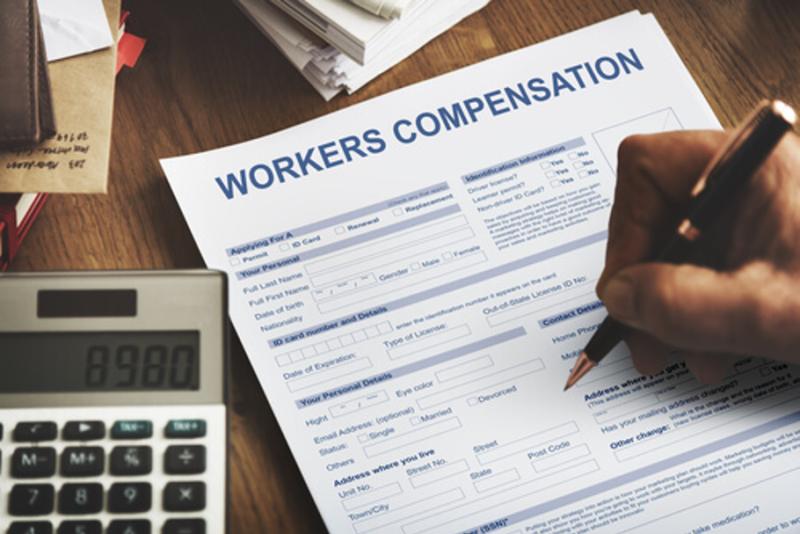The Workers' Comp Claim Process

If you've been injured on the job, you may be entitled to workers' compensation benefits. Workers' compensation is a system of insurance that provides benefits to employees who are injured or become ill as a result of their job. It can provide compensation for medical expenses, lost wages, and other costs related to the injury or illness. Navigating the workers' compensation claim process can be overwhelming and confusing, especially if you've been injured on the job. However, understanding the steps involved can help you take the right actions to ensure that you receive the benefits you are entitled to.
What to Do When Filing a Workers' Comp Claim Process
If you've been injured on the job, seeking medical treatment is the first and most important step in the workers' compensation claim process. It's essential to get medical care as soon as possible to ensure that your injuries are properly diagnosed and treated. After medical treatment, there are several steps you should take to ensure that your claim is properly filed and processed.
Seek Medical Treatment
If you're injured on the job, the first thing you should do is seek medical treatment. Even if you don't think your injuries are severe, it's essential to get checked out by a medical professional. This can help ensure that your injuries are properly diagnosed and treated, and it can also provide important documentation for your workers' compensation claim.
When seeking medical treatment, it's important to let the healthcare provider know that you were injured on the job. They will likely ask you to fill out a form to document the details of the injury and the circumstances surrounding it.
Report the Injury to Your Employer
After seeking medical treatment, you should report your injury to your employer. Depending on your state's laws, you may have a specific timeframe in which to report the injury. In general, it's best to report the injury as soon as possible to ensure that you meet any deadlines.
When reporting the injury, it's important to provide as much detail as possible about how the injury occurred and the extent of your injuries. Your employer will likely ask you to fill out a workers' compensation claim form, which will provide important documentation for your claim.
File a Workers' Compensation Claim
After reporting the injury to your employer, you should file a workers' compensation claim with your state's workers' compensation agency. This typically involves filling out a form and providing documentation of your injury and the medical treatment you've received. Your employer will also be required to file a report with the workers' compensation agency, providing details about the injury and the circumstances surrounding it.
Wait for a Decision
After filing your workers' compensation claim, you'll need to wait for a decision from the workers' compensation agency. This decision will determine whether or not you are entitled to workers' compensation benefits. If your claim is approved, you may be entitled to a variety of benefits, including medical treatment, wage replacement, and vocational rehabilitation. If your claim is denied, you have the right to appeal the decision.
Appeal the Decision
If your workers' compensation claim is denied, you have the right to appeal the decision. This typically involves filing an appeal with the workers' compensation agency and presenting evidence to support your claim. It's also important to consider working with an experienced workers' compensation attorney during the appeals process. An attorney can help you gather the necessary evidence to support your claim and present a strong case to the workers' compensation agency.
When to File for Workers' Compensation
If you've been injured on the job, it's important to file for workers' compensation as soon as possible. Each state has different deadlines for filing a claim, so it's important to check your state's workers' compensation laws to ensure that you file your claim on time. In most states, you have a limited timeframe in which to report the injury to your employer and file your claim. Waiting too long to file your claim can result in a denial of benefits. Additionally, it's important to note that workers' compensation benefits are not automatic - you must file a claim to receive them.
More to Read:
Previous Posts:



